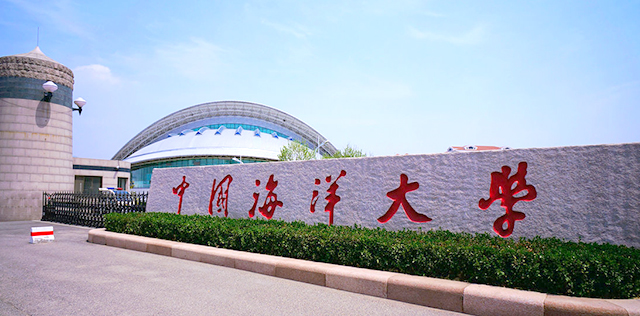



摘要:
Although much literature has discussed the potential of e-government for improving citizens’ trust in government, the question of how e-government use affects citizens’ trust in government remains underexplored. To investigate the driving mechanism of the effects of different types of e-government use on trust in government, this research develops a conceptual framework based on the institutional-based trust theory, the process-based trust theory, and the expectancy-disconfirmation model. Based on data collected from 1668 citizen users living in five cities in China, the study verifies the proposed mediated moderation model and then tests the robustness of the results using process analysis. The results reveal that citizens’ use of e-government revitalizes their trust in government indirectly, via influence on citizens’ evaluation of government integrity, performance, and responsiveness from the experience of using e-government, while the mediating effects of citizens’ evaluation of government on relationship between e-government use and public trust are diminished by citizens’ expectations for their government. The analysis also offers strong support for the conclusion that the effects of different types of e-government use on public trust are differentially distributed among multiple levels of government in China.
关键词:
e-government use;Citizens’ trust in government; Hierarchical trust in government; Citizens’ expectations; Government websites.
原文载于:https://www.sciencedirect.com/science/article/pii/S0378720623000927